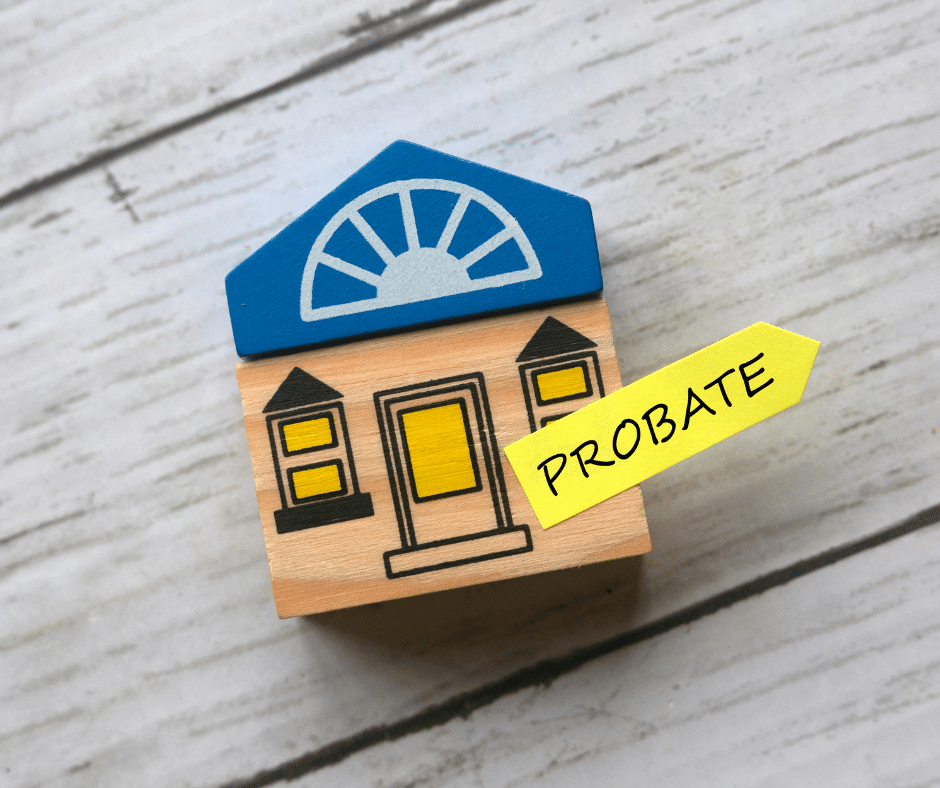There are many reasons why you or a loved one may want or need a power of attorney. However, the most common reason is that you are preparing for a situation where you might not be able to make serious decisions on your own, such as due to an illness or incapacitation. In some situations, you may want a POA simply because it is more convenient for someone else to be able to sign documents on your behalf. A power of attorney is often included in the estate planning process and when planning for long-term care.
In this article, we will explain what a power of attorney is, the different types, and how to set up a power of attorney in Florida.
What Is a Power of Attorney?
A power of attorney or POA is a legal document. It gives a third party, such as a family member or spouses your legal rights to make decisions on your behalf. The decisions can vary, and a POA can be as specific or general as you would like.
The person who is giving this power away is called the “principal.” The person receiving the power is referred to as the “agent.” By creating a power of attorney, you are designating someone else to make decisions and sign legal documents on your behalf.
Types of POAs
General Power of Attorney
A general power of attorney is just that—general. It applies to every aspect of the principal’s life and has very few limitations if any at all. Some general POAs are set for a specific length of time.
A general power of attorney is often used between married couples or between two people who trust each other a great deal. Once you give someone a general power of attorney, all of your major life decisions are in their hands.
Limited Power of Attorney
Because of the breadth of a general POA, many people choose to use limited POAs as part of their estate planning or long-term care planning. While a limited power of attorney can cover virtually any aspect of your life that you would like, limited POAs often arise to address very specifically, recurring needs.
A medical power of attorney. This type of POA allows the other person to make medical decisions on your behalf. In most cases, a medical POA will only “spring” into effect when certain conditions are met, such as when you are declared incompetent, incapacitated, or otherwise unable to make vital decisions about your health, well-being, and future.
Springing power of attorney. A POA that “springs” is one that only applies when a certain event occurs. The most common example is when you become incapacitated, but it actually can be contingent on virtually any event, such as military deployment or incarceration.
Special power of attorney. This type of POA is a general term that applies to other types of limited POAs. The most common example is that you need to sign documents in person, but you cannot be at a specific location for whatever reason. You could also limit the POA to certain types of transactions, such as only dealing with real estate or only cashing checks on your behalf. Once the task set out in the POA has been accomplished, this type of power of attorney will usually expire. You can also set a time frame for expiration.
How to Create a Power of Attorney in Florida
While there are many online forms available that say that they will meet the requirements to create a POA, you should be wary of these “quick fix” documents. Online legal documents may not meet the specific qualifications under Florida law, and they often cannot be tailor-made for your particular situation.
Additional Resources
- Caring.com – A Guide to Power of Attorney for Elderly Parents














